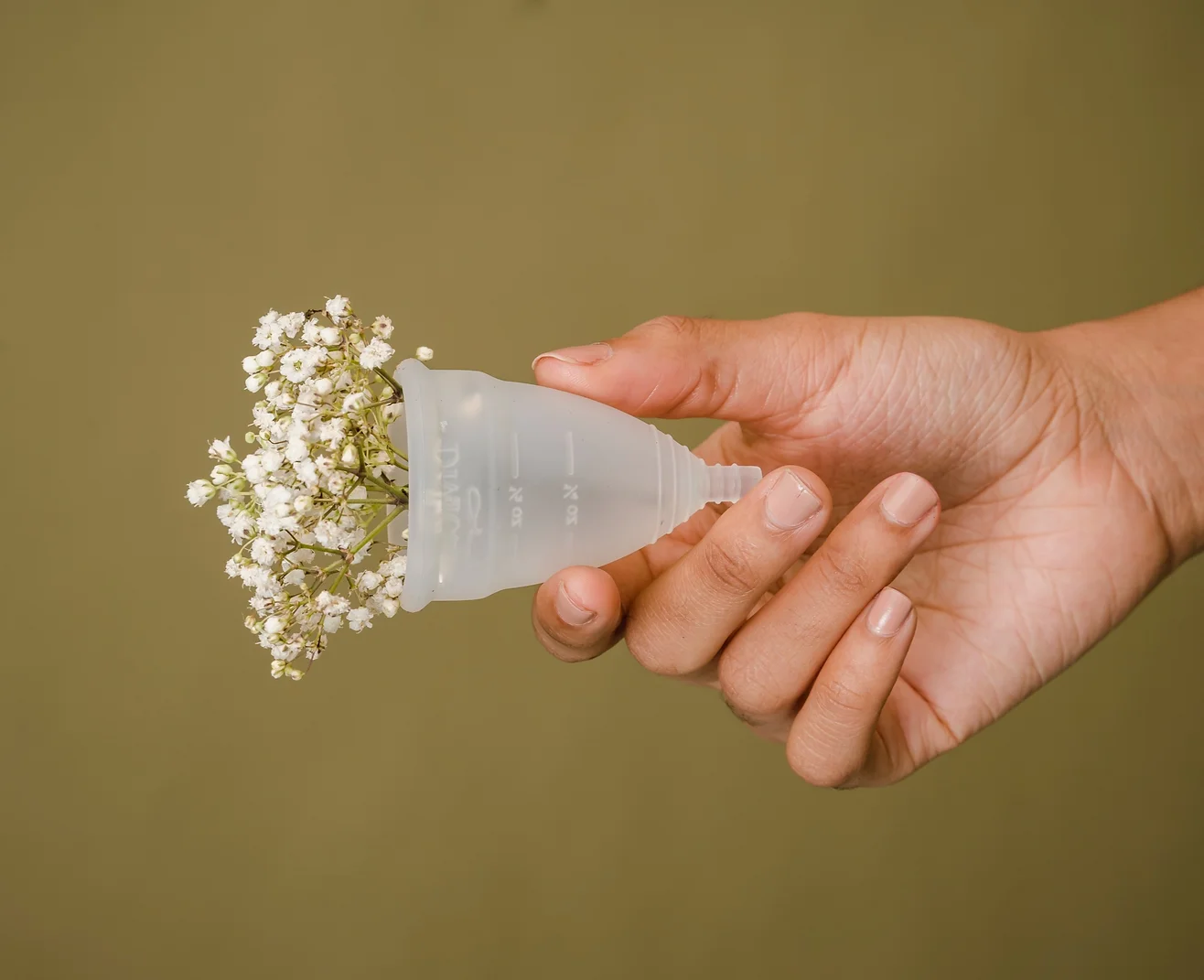
Skin Treatment by Apple Cider Vinegar
Experts are split on whether or not ACV (Apple Cider Vinegar) may be used to cure skin issues. They have heard both positive and negative feedback anecdotally. Waldman does not advise her patients to use ACV, but she does not discourage those who have had success with it. “It might assist if you have a mild disease, but it’s probably not going to be the end all, be all of products for more severe cases,” she says.
Some fundamentals to remember:
Because skin pH is low in acid, and ACV is little in acid, you can apply it on dry skin without stripping the epidermis. Piling thinks it is important to keep everything in its place, including the lipid layer, to prevent irritants from infiltrating the skin.
Acne

Acne occurs when keratin, a key protein of your skin, grows on the forehead and attaches itself (blackhead or whitehead). Citric acid, for example, dissolves keratin, allows the pore to open and tighten, making the pores appear smaller and improving the appearance of acne. The effects of retinoid and benzoyl peroxide are similar.
If you let all the water out and everything else out there – air pollution, allergies, and germs – in between, it defeats the purpose, according to Waldman. “Everyone is different, and oily skin is more tolerant of acidic products. The limit of sensitive, dry skin is very low. There is no such thing as a single-size-fits-all solution.”
Because adolescent skin is prone to irritation, using ACV is less dangerous for teens with oily skin and acne.
Eczema/Psoriasis
If you have psoriasis or eczema, you should avoid using ACV because it will burn like crazy and is not pleasant at all if you put it on torn, cracked or bleeding skin, Piling warns.
Because your skin is not a good barrier if you have eczema, you are exposed to germs, fungi, and other things, which puts you at risk of infection. According to Waldman, purified ACV can help eradicate bacteria and thus prevent infection.
ACV has developed psoriasis in some cases, according to Waldman, but “by showing that it is completely absurd.” Be aware that ACV can help with seborrheic dermatitis, which is manifested by scaly skin (similar to psoriasis) and pink scales on the face. Dipping in distilled vinegar can help because you think it is caused by skin reactions to fungus and bacteria.
Skin Infection
Waldmanhasmetpatientswhohavesuccessfullyusedvinegarforchronicorchronicskindiseasessuchasathlete’sfeetandparonychia(diseasesaroundthenails).
AccordingtotheAmericanOsteopathicCollegeofDermatology,vinegarsoaksareveryeffectiveintreatingfungalinfectionsofthenailscausedbyatypeofviruscalledpseudomonas.Chloronychiaisagreentoerotcausedbythisformofnailinfection.
“That’s when I see that ACV is being used in the most effective way,” he said. “After washing the face, male patients swear to use ACV as a toner. I wouldn’t recommend it in general, even though they say it works well in a particular community.”
ACV contains a few ingredients that help improve the appearance and health of your skin.
Acetic acid is a type of acetic acid that has been shown to kill acids and fight germs in studies. It removes microorganisms that can be linked to illness or skin problems such as acne, rosacea, seborrheic dermatitis (eczema), and eczema with topical treatment.
Citric acid is a type of acid used by AHA to represent alpha hydroxyl acid (AHA). AHAs have been shown to reduce wrinkles and old spots and are used to improve skin growth.
To get rid of genital warts at home, try apple cider vinegar. It is like an antiseptic with acidic chemicals. You can apply apple cider vinegar to warts using Q-tip, cotton ball or gauze. The purpose of this is to remove acid from the tissue of the wart.
What are the benefits of apple cider vinegar?
Vinegar has been used to treat various ailments for thousands of years, from stomach problems to ivy poisoning and diabetes.
The idea of treating warts with apple cider vinegar has been around for a long time. The following are some of the ways apple cider vinegar is thought to aid with warts:
• Because vinegar is an acetic acid, it can kill certain germs and germs when they come in contact with it.
• Vinegar, like salicylic acid Trust Source, burns and removes contaminated skin gradually, causing the wart to fall off.
• Acid stress increases your body’s ability to fight off the virus that causes warts.
How may apple cider vinegar be used for the treatment of warts?

Apple cider vinegar is a simple cure for warts that has been around for a long time. Cotton ball, water, apple cider vinegar, and road tape or bandage are all you will need.
1. Combine two parts apple cider vinegar and one part water in a mixing dish.
2. Dip a cotton ball in a mixture of water and vinegar.
3. Place the cotton ball on the rope immediately.
4. Wrap the cloth in tape or bandage and place a cotton ball on top of it overnight (or as long as possible).
5. Using a bandage or tape, remove the cotton ball and discard it.
6. Do this every night until the wart disappears.

Creating a solution for inserting hands or feet is an alternative method:
1. In a bucket or big mixing dish, combine equal parts apple cider vinegar and water.
2. Each day, immerse the afflicted area in warts for about 15 minutes.
3. When you are through, wash your skin with water.
When should you see a doctor?
The following are signs that a person should discontinue treatment and consult a doctor:
1. bleeding
2. cracked
3. exposed skin areas
4. significant discomfort at the treatment site
5. Severe inflammation
If a person develops any unanticipated side effects because of their tumor therapy, they should contact their doctor.
The Final Word on Apple Cider Vinegar
Apple cider vinegar should not be used on open wounds. Rinse your skin well with water if it is itching or irritated. Stop using it immediately and contact your doctor if you have overdose symptoms or other symptoms. When it comes to warts, you might have to try a few different treatments before you find the one that works best for you. Your dermatologist or doctor can assist you in trying natural therapies and regular treatments. Consult your doctor to discuss your choices.
All information provided on IMAS is provided for educational purposes only and is not intended to be a substitute for professional medical advice. Always consult your doctor.

